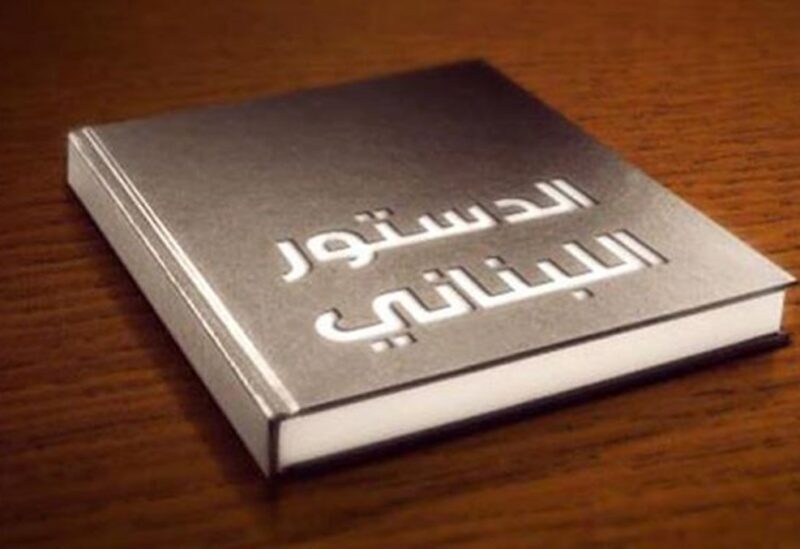
“There are people who engage in the process of forming the cabinet as if we were in the time of the pre-Taif constitution, while in fact, the constitution that prevails, is the Taif itself,” the designated Prime Minister stated in an interview with Al-Hadath TV station.
Such a remark is enough to undermine the formation, as it accuses the President of the Republic of disrupting Taif in order to restore the pre-Taif constitution, and more particularly of overthrowing Taif.
What do the statements of the Prime Minister-designate actually mean?
To address this question, compare the pre-Taif constitution’s government formation article to the post-Taif constitution’s government formation article.
“The head of government exercises the following powers,” Article 64 of the post-Taif constitution stipulates.
He holds parliamentary consultations to form the government and signs the decree of formation with the President of the Republic.
The lawmaker mentioned that he “exercises powers,” implying that one of his rights is to form a government, but that he and the President of the Republic share the signature.
Article 53 of the pre-Taif constitution grants the President of the Republic total authority: “The President of the Republic designates ministries and names them as president.”
Was the Prime Minister-designate implying that President Aoun wishes to “appoint ministers”? What should the Prime Minister-designate do in this scenario if this is the intention? And what is its function?
This tangle is on the verge of becoming a dilemma. Is it a slip of the PM-designate’s tongue? Or did he aim to convey a message to “those engaged in the formation” that he would not accept the pre-Taif constitution’s system of government?
Is the issue, however, truly constitutional?
President Aoun has never embraced Taif in his heart and is looking for any opportunity to overturn it, just as all what his Legal Advisor, former Minister of Justice Salim Jreissati provides him with, all serve to interpret the articles in a manner suited to the situation existing prior to the Taif constitution. On a side note, Jreissati is one of the sharpest and most brilliant “Adviser” of constitutional and legal jurisprudence, to the point that most of the March 8 team makes use of his expertise in such an issue.
If the issue is constitutional, the cabinet must be formed in peace, and the Caretaker Prime Minister will “glad stay in the government palace” until additional concerns are presented. However, the problem is that there is no longer any factor that may persuade the “individuals involved in the formation process” to change their minds.
Isn’t it true that the President of the Republic said he had nothing left to lose? Perhaps he overlooked the fact that the people, not the leaders, bear the brunt of the loss!